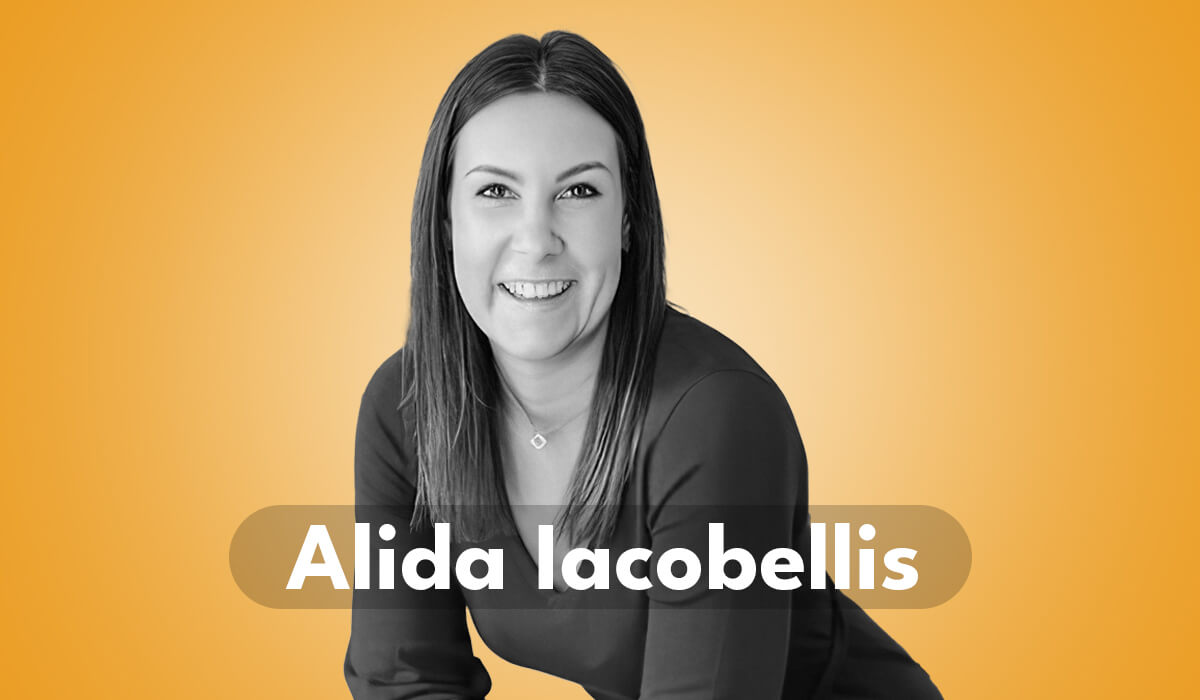
In a world where the boundary between professional and personal spheres continues to blur, the significance of prioritizing mental health in the workplace has never been clearer. As the modern workplace evolves, so do the challenges and opportunities it presents.
To shed light on this critical issue, we embarked on a journey to engage with visionary entrepreneurs who have not only transformed industries but have also championed mental health awareness within their organizations.
Check out more interviews with entrepreneurs here.
Table of Contents
What Are Some Key Strategies For Organizations To Identify And Address Early Signs Of Mental Health Issues Among Employees? Share Your Insights And Experiences On Implementing Proactive Measures.
Alida Iacobellis: Lots of diet talk and a norm of employees working through break times without eating or eating at their desks can be red flags to help organizations identify mental health struggles among employees.
Proactive measures that organizations can take to optimize employees’ mental health include fostering a workplace culture that promotes regular meal and snack breaks. Adding a social component, or professional development opportunity (ie lunch and learn) can provide an extra incentive for employees to prioritize taking their lunch break.
It’s far too common for me to hear about people skipping meals during their workday, and this often leads to binge eating or emotional overeating in the evenings, followed by a poor night’s sleep.

How Can Companies Create A Supportive Environment For Employees To Openly Discuss Mental Health And Seek Help When Needed? Share Examples Of Successful Communication And Resources That Have Made A Difference In Your Organization.
Alida Iacobellis: Communicating values of work-life balance and providing workers with flexibility in how and when they meet their deliverables when possible can help prevent mental health decline. Companies can work towards this by communicating that workers are not expected to be responsive by phone/email after hours or are required to regularly stay late/work overtime to meet deadlines.
Respecting these boundaries can have a profound, positive effect on workers’ ability to meet the breadth of their needs for self-care, which in turn is protective against a variety of mental health challenges, including anxiety, depression, and eating disorders.
Companies can also advocate for benefits packages for their workforce that cover services from registered dietitians, social workers, mental health counselors, and psychologists in order to remove barriers to asking for and receiving help for mental health challenges.
Avoiding initiatives like workplace weight loss challenges can also help create a more supportive environment. Weight loss challenges are often championed with good intentions of helping workers improve their health, however, these initiatives can actually have a negative impact on worker’s mental and physical well-being, most notably by increasing their risk for eating disorders.
Numerous studies have shown that the intentional pursuit of weight loss is a reliable predictor for future weight gain, independent of genetics, age, gender, or athleticism.
What Role Can Training And Education Play In Fostering Mental Health Awareness In The Workplace? Share Your Experience With Impactful Workshops, Seminars, Or Training Programs That Have Contributed To A Better Understanding And Support Of Mental Health Among Employees.
Alida Iacobellis: Providing expert-led workshops on topics such as self-compassion, the determinants of health, and intuitive eating can help employees build effective self-care practices that will foster improved mental health outcomes, and a happier, healthier, and more productive workforce.
“Proactive measures that organizations can take to optimize employees’ mental health include fostering a workplace culture that promotes regular meal and snack breaks.”
Jerome Knyszewski, VIP Contributor to WellnessVoice and the host of this interview would like to thank Alida Lacobellis for taking the time to do this interview and share his knowledge and experience with our readers.
If you would like to get in touch with Alida Lacobellis or her company, you can do it through her – Linkedin Page
Did you enjoy this article? Check out similar stories:
Iona Holloway of Soul Breathwork Shares Strategies for Workplace Well-being
Insights from Jodi Brandstetter of Influence Network Media
Ariadne Wolf of Mermaid Consulting Shares Strategies for Empowering Employees
A Conversation with Foram Sheth of Ama La Vida
Alla Weinberg of Spoke & Wheel Dives into Workplace Mental Health Support
Disclaimer: The WellnessVoice Community welcomes voices from many spheres on our open platform. We publish pieces as written by outside contributors with a wide range of opinions, which don’t necessarily reflect our own. Community stories are not commissioned by our editorial team and must meet our guidelines prior to being published.
